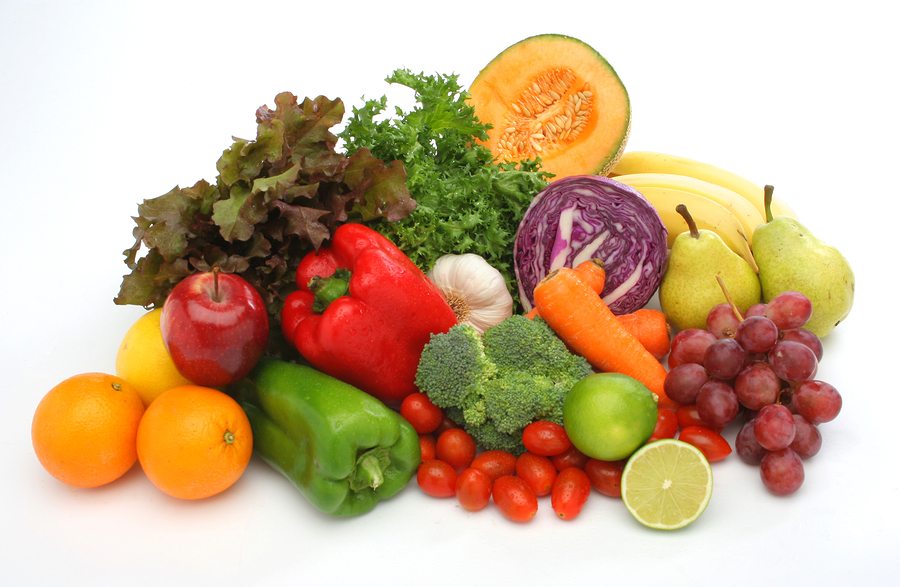Gluten-Free Diet Awareness Month: What is Gluten?
November 21, 2017
When your elderly loved one receives a recommendation from their doctor that they follow a gluten-free diet, you may not be sure what that actually entails. Elderly adults can develop conditions like celiac disease, Crohn’s disease and other digestive health conditions where it is necessary for them to modify their diet. Following a gluten-free diet is easier than ever, but there are definitely challenges that they will face and they really need your support to be successful.

What is Gluten?
Gluten is a specific protein that is found in certain grains like wheat, barley and rye. It is found in foods like bread, pasta, pastries, cakes, crackers, cereal, breading and coating mixes and beer. It can even be found in certain processed foods because of how it helps food maintain its shape and it is also a good filler ingredient. That’s why many people are surprised to find gluten in things like soup, sauce, salad dressing, gravy, candy bars, processed meat, meat substitutes, pre-seasoned meat and soy sauce.
Even non-food items can bring gluten in contact with the digestive system, such as lipstick or lip balm, nutrition supplements, vitamins, medication and communion wafers. Cross-contamination can also be a problem for elderly people with extreme sensitivities. Examples of cross-contact include shared containers, cutting boards, toasters, and bulk bins at the grocery store. It’s overwhelming for elderly adults to look at the list of foods that do or may contain gluten.
How to Follow a Gluten-Free Diet
When most seniors start a gluten-free diet, they usually gravitate toward substitute foods to replace the ones they can no longer have. Examples include gluten-free bread, pizza crust, pasta and cereal. These options are often more pricey than their wheat-based counterparts and many people are disappointed at the taste and texture. Others are fine with the substitutions and don’t feel as if they are missing out on their favorite dishes.
As daunting as the list of do-not-eat foods is, there are thousands of other foods that are perfectly safe and delicious for those that want to start a gluten-free diet. The main things that family caregivers and their elderly relatives need to do are to create a list of meals and food that is safe to eat. The possibilities are endless. Of course, the information needs to be spread to other family members, senior care assistants and other food services the senior might encounter. The best way for seniors and family caregivers to embrace a gluten-free diet is to go beyond substituting foods and change the way they approach meals and snacks.
While most of the digestive issues associated with a gluten-free diet can’t be cured, the symptoms can be significantly reduced or even eliminated when it is followed. Family caregivers are a big part of how well an elderly relative can follow the diet, especially those who are not as independent as they once were.
If you are considering hiring home care services in Upper St. Clair, PA, please contact the friendly staff at Liken Home Care.
Call (412) 693-6820 or (855) 856-0551
Source:
Celiac.org